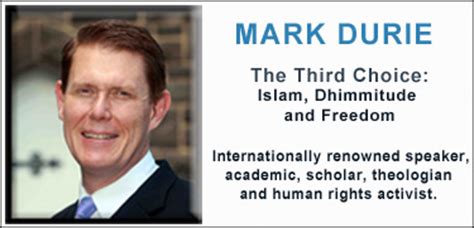A Quote by Adam Cohen
There is no room on the federal bench for a judge who does not treat all people as equal before the law.
Related Quotes
The law is equal before all of us; but we are not all equal before the law. Virtually there is one law for the rich and another for the poor, one law for the cunning and another for the simple, one law for the forceful and another for the feeble, one law for the ignorant and another for the learned, one law for the brave and another for the timid, and within family limits one law for the parent and no law at all for the child.
For every crime that comes before him, a judge is required to complete a perfect syllogism in which the major premise must be the general law; the minor, the action that conforms or does not conform to the law; and the conclusion, acquittal or punishment. If the judge were constrained, or if he desired to frame even a single additional syllogism, the door would thereby be opened to uncertainty.
From the fact that people are very different it follows that, if we treat them equally, the result must be inequality in their actual position, and that the only way to place them in an equal position would be to treat them differently. Equality before the law and material equality are therefore not only different but are in conflict with each other; and we can achieve either one or the other, but not both at the same time.
You know who has tenure? The pope has tenure. The Queen of England has tenure. So does Fidel and the communists - because they represent the people, of course (scoff). Federal judges have tenure as well - no federal judge has ever successfully been removed. And then there's the college professors. Me. How do you like that?
People must be confident that a judge's decisions are determined by the law and only the law. He must be faithful to the Constitution and statutes passed by Congress. Fidelity to the Constitution and the law has been the cornerstone of my life and the hallmark of the kind of judge I have tried to be.
































